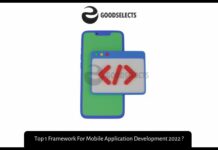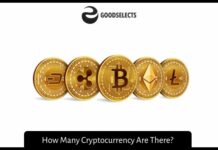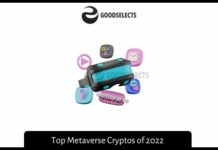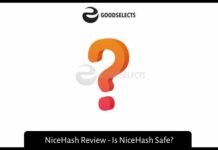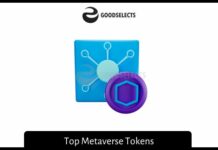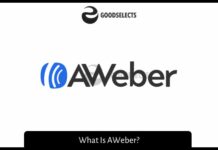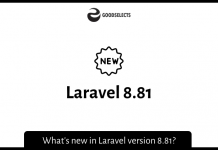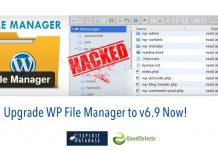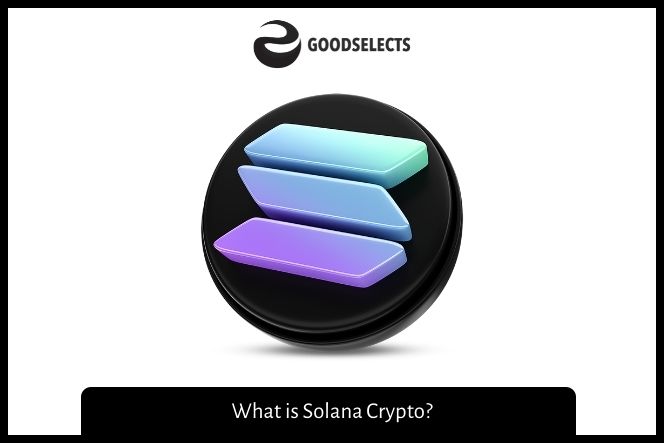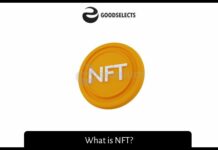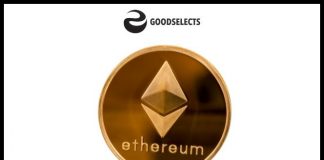Solana is a new type of cryptocurrency. The nodes that make up the Solana network have to vote on all blocks and transactions. They send their votes to a leader, who tallies the votes and signs off on the blocks. If a block is approved, the transaction has been recorded and the nodes are free to move on to the next. 50,000 transactions per second is one of the key features of this cryptocurrency.
50,000 transactions/second
Solana is a permissionless blockchain and is capable of processing more than 50,000 transactions per second. Solana uses a mempool-less transaction forwarding standard called Gulf Stream to push transactions out to the edge of the network where validators can execute them ahead of time. The network’s ability to process over 50,000 TPS has been attributed to this innovation. Its high-frequency transaction processing engine, Sealevel, scales across GPUs and SSDs.
Solana uses Rust to code, a programming language used by 90% of software developers. This means it has a large pool of developers working on its implementation. Solana also uses proof of history transaction ordering instead of proof of work. The result is a faster blockchain with the capacity to handle 50,000 transactions per second. If Solana is a good choice for your new crypto, you can expect to see the benefits of this open-source protocol.
Proof of stake consensus
The Proof of Stake (POS) network of Solana uses the voting power of stake-weighted nodes to determine who is allowed to create and send transactions. This method has been proven to be reliable when at least one-third of the network’s nodes are honest. The combination of POS and natural fork avoidance mechanisms has improved the network’s speed and ensured low latency.
In a PoW system, the validator must spend capital to mine Solana. The Bitcoin miner will spend money on hardware infrastructure and commit to running a node on a single branch of the blockchain. Solana’s bond is the number of tokens a validator commits to the system as collateral. These funds cannot be transferred to another account, and must remain in the bonding account until a supermajority of current stakeholders confirms the sequence.
Proof of history
The main goal of Solana is to support high growth blockchain applications and democratize the world’s financial systems. The core innovation of the blockchain is Proof of History, which uses a unique mathematical algorithm to create a chronological record of a transaction. Other blockchains require validators to agree on the passing of time, but the Solana network maintains its own clock and encodes it using SHA-256 sequential-hashing VDF.
Solana has developed a Proof-of-History decentralized application platform based on a hybrid proof-of-stake and proof-of-history consensus algorithm. The Solana Foundation is based in Switzerland and maintains an open source project for Solana. It is a permissionless, fast, and high-performance blockchain platform. Founded in 2017, Solana was the brainchild of Anatoly Yakovenko. His whitepaper outlined the benefits of Proof of History.
Tokenized stocks
The Solana crypto tokenized stocks are a new offering that will be available on a blockchain powered by Digital Assets AG. This Swiss firm specializes in the design, structure, and issuance of tokenized financial instruments. It will integrate its existing infrastructure into the Solana blockchain and will launch the first free-floating security tokens. These tokenized shares will allow investors to trade them risk-free and compliantly.
Digital Assets AG, a Swiss startup focused on the creation of blockchain infrastructure, has already launched more than 50 tokenized stocks on its Solana public blockchain. These stocks are exclusive to the FTX crypto exchange, and feature many of the world’s leading traditional and tech companies. Stock tokenization makes it possible for small retail traders to buy whole shares or fractions of them, allowing them to access the value of a publicly traded company.
NFT marketplaces
There are many Solana crypto NFT marketplaces, but the MagicEden is one of the most popular ones. The platform curates its NFTs heavily. This is because lower barriers to entry often lead to lower-quality projects, and therefore, more scams. MagicEden boasts an extensive collection of NFTs, including a DAO called Launchpad, and a dedicated section for games. Additionally, it provides API services to other platforms. This makes it the OpenSea of the Solana ecosystem. With over 90 percent market share in secondary trading, MagicEden is a top choice for most users.
Other popular Solana NFT marketplaces include Solport and Xapo. Both use the Solana blockchain and imagery from sailing and shipping. Both feature the typical SOL NFT marketplace features, such as an integrated rarity filter. One of the most notable features of Solport is its advertising of itself as the first truly decentralized SOL NFT marketplace. It is worth checking out the Exchange if you are looking for a new SOL NFT marketplace.





